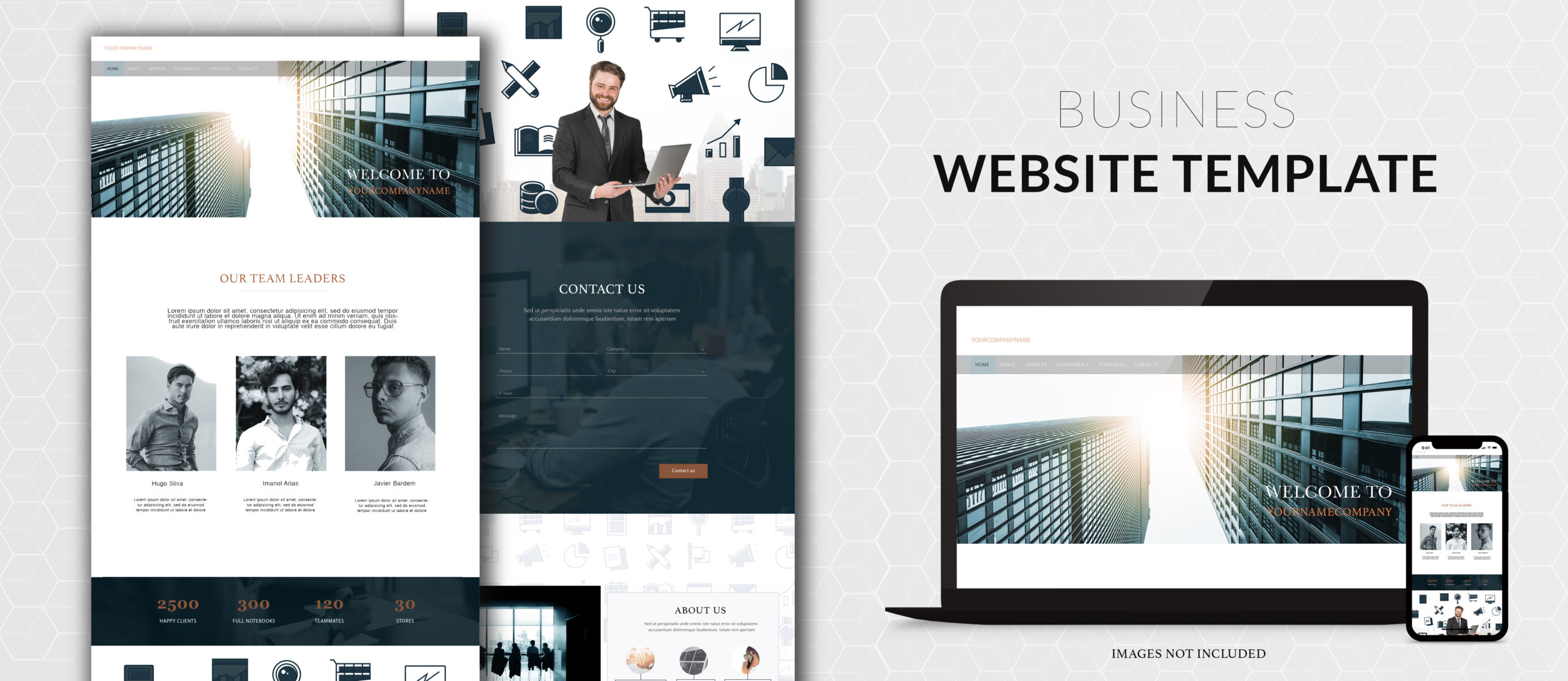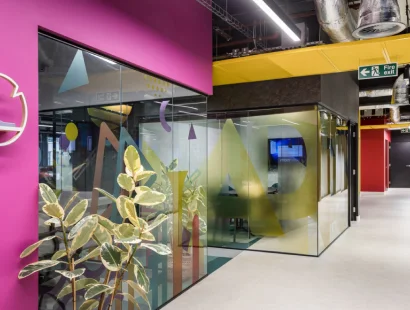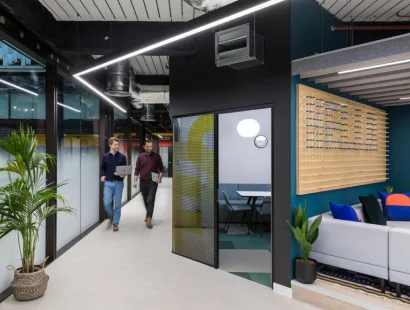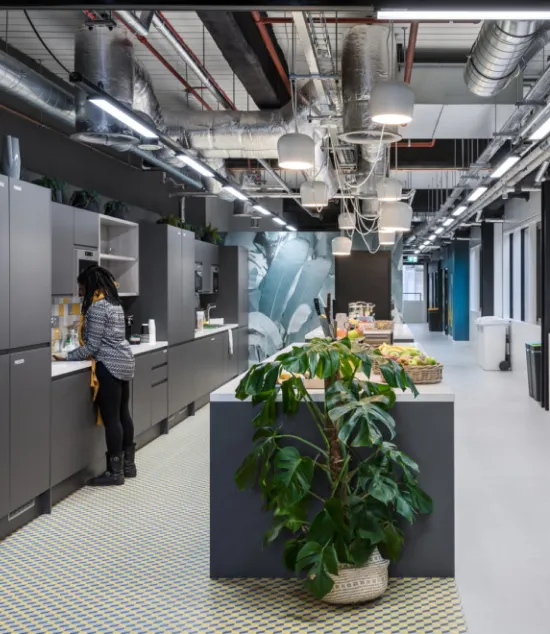
WordPress Website Design and Development Services
- Modern Web Design
- WordPress
- Responsive & Mobile-Friendly
- Fast & Secure Websites
- E-commerce Solutions
- Dedicated Support
Boost your online presence with our expert WordPress design and development. We create custom, SEO-optimized websites with fast load times, mobile-friendly layouts, and easy navigation to enhance user experience and search rankings. From setup to launch, our team provides secure e-commerce, custom plugins, and responsive designs tailored to your brand’s needs
Get a powerful WordPress website that attracts traffic, improves visibility, and drives conversions.
Customized for Your Business Needs
Our designs are fully tailored to reflect your brand, with custom layouts, features, and integrations that suit your unique goals and industry standards.
SEO-Optimized for High Visibility
We build WordPress sites with SEO best practices to help you rank higher on search engines, driving organic traffic and boosting online reach
Secure and User-Friendly Experience
Enjoy a website that’s not only visually appealing but also secure, fast-loading, and mobile-friendly, ensuring a seamless experience for all visitors.
24/7 Support
Our team is always available to assist you with any questions or issues, any time.



Website Deft LLC – Your Digital Growth Partner.



In today’s digital age, having an attractive and user-friendly website is essential for the success of any business. Website Deft LLC provides modern web design, development, and custom solutions that showcase your brand to more customers. We believe that every website is more than just an online presence—it is the identity of your business and the key to future growth.
Our expert team focuses on user experience (UX) and functionality to craft every project with care. Whether it’s a corporate website, an e-commerce platform, or a personal branding site—Website Deft LLC is dedicated to delivering a reliable, fast, and mobile-friendly website tailored to your needs.

Frequently asked questions
WordPress is an open-source content management system (CMS) used to build websites and blogs. It's popular for its ease of use, flexibility, and robust features, allowing users to create everything from simple blogs to complex websites without needing advanced coding skills.
Key Features:
User-Friendly Interface: Offers a straightforward dashboard to manage content, plugins, and design settings.
Themes and Plugins: Thousands of themes and plugins allow you to customize the look, functionality, and performance of your site.
SEO-Friendly: WordPress is built with clean code, which makes it SEO-friendly, and you can enhance this with SEO plugins like Yoast.
Responsive Design: Many WordPress themes are designed to be mobile-friendly, ensuring a consistent experience across devices.
Scalability: It’s suitable for both small blogs and large, complex sites, including e-commerce stores (with plugins like WooCommerce).
WordPress powers about 40% of all websites on the internet, making it the most popular CMS worldwide.
To receive notifications when someone submits a form on your WordPress site, you’ll typically need a form plugin with email notification features. Here’s how to set it up so you get an email when someone fills out a form on your WordPress site:
1. Install a Form Plugin
Some popular form plugins that offer email notifications include:
WPForms (user-friendly, drag-and-drop builder)
Contact Form 7 (free and customizable)
Gravity Forms (more advanced, premium features)
2. Set Up Form Notifications
Once you’ve installed and activated the plugin:
Create a New Form: Go to your plugin's settings and create a new form, adding the necessary fields (name, email, message, etc.).
Configure Notification Settings:
Look for the Notifications or Email section in the form settings.
Enter the email address where you'd like to receive notifications.
Customize the Email Subject and Message Body to include form submission details (such as form fields).
For example, in WPForms:
Edit your form in WPForms > Notifications.
Enter your email in the Send To Email Address field.
Customize the Email Subject and Message with form data tags (like {field_name}) to pull information from submissions.
To add FAQ Schema in WordPress with Elementor, you can use either a plugin or manually add the schema code. Here’s how:
Method 1: Using a Plugin (Easy Method)
Install an SEO Plugin: Plugins like Rank Math or Yoast SEO make adding FAQ schema straightforward.
Navigate to your WordPress Dashboard, then select Plugins > Add New.
Search for Rank Math or Yoast SEO, install and activate it.
Enable FAQ Schema:
In Rank Math: When editing a post or page, scroll down to Schema Type and select FAQ. Add questions and answers, and Rank Math will automatically add the necessary schema.
In Yoast SEO: Open the post editor, click on Yoast Blocks in the Gutenberg editor, and select the FAQ Block. Enter your questions and answers directly.
Update the Page: After adding your FAQ schema, update the page to save changes.
Method 2: Manually Adding FAQ Schema
Write FAQs in Elementor: Open your page in Elementor, and add your FAQs using the Accordion or Toggle widget.
Generate FAQ Schema Code:
Use a tool like TechnicalSEO’s JSON-LD generator.
Add your questions and answers in the generator and copy the JSON-LD code it creates.
Insert JSON-LD Code:
In your WordPress dashboard, go to Edit Page and scroll down to the Custom HTML section.
Paste the JSON-LD code directly into the header or footer section.
Save and Publish: After adding the code, update your page to publish it with the FAQ schema.
Using FAQ schema helps your FAQs appear in Google’s rich results, increasing visibility in search results.
A landing page is a simple, focused web page created to get visitors to take one specific action, like signing up, making a purchase, or downloading a guide. Unlike a homepage, which covers multiple topics and links, a landing page is designed around a single purpose to increase the chances of conversion. Here’s what makes a landing page effective:
Clear Headline: The headline should quickly tell visitors what the page is about and capture their interest.
Focused Content: Content on a landing page is short and to the point, explaining the offer or message without distracting details.
Strong Call-to-Action (CTA): The CTA is a button or form that prompts visitors to take action. It’s usually large, easy to find, and clear, like “Get Started” or “Download Now.”
Supporting Visuals: Images or videos help visitors understand the message quickly and keep them engaged.
Trust Elements: Including testimonials or reviews can build trust and make visitors more likely to take action.
No Distractions: A landing page usually has no extra links or menus so visitors stay focused on the main action you want them to take.
Why Landing Pages are Important
Landing pages are a key part of marketing campaigns because they allow you to track specific actions and measure campaign success. Since each page is built around one goal, it’s easier to see what’s working and make improvements to increase conversions.
To create a successful WordPress website design, here are the main things to remember:
Choose a Mobile-Friendly Theme: Pick a theme that looks good on both mobile and desktop to improve the user experience and help with SEO.
Make Your Site Load Quickly: Use caching plugins, compress images, and select fast hosting to keep load times short. A fast website improves both user experience and SEO.
Follow SEO Best Practices: Use SEO plugins like Yoast or Rank Math to add meta tags, create sitemaps, and optimize on-page SEO, which helps Google find and rank your site.
Create High-Quality, Keyword-Rich Content: Use relevant keywords in headings, text, and images naturally. Good content with keywords helps your site rank higher on search engines.
Add Clear Call-to-Actions (CTAs): Include engaging CTAs that guide visitors to actions like signing up, buying, or contacting you.
Make Your Site Secure: Install an SSL certificate and use security plugins to protect against threats, as secure sites are favored by Google.
Use Engaging Visuals: Quality images and videos make your site more interesting and keep visitors engaged longer, which can boost your SEO.
Set Up Analytics and Tracking: Use Google Analytics and Search Console to track your site’s performance and see where you can make improvements.
Test Across All Devices and Browsers: Check that your site looks and works well on all devices and browsers to ensure a consistent experience.
By following these tips, you can create WordPress website that’s well-designed, fast, and optimized for search engines.
Start your experience with Website Deft LLC
Special offer! choose your pack today
WordPress Launch Package
$199.00
- Up to 3 Pages (Home, About, Contact)
- Responsive Design (Mobile, Tablet, Desktop)
- Contact Form Integration
- Social Media Links
- 3 Round of Revision
- Delivery in 4–5 Days
WordPress Growth Package
$499.00
- Up to 6 Pages (Home, About, Services, Blog, Contact, etc.)
- Custom Design Layout
- Basic SEO Optimization
- Contact/Inquiry Forms
- Google Maps Integration
- WhatsApp Chat Button
- 5 Revisions
- Delivery in 7–10 Days
WordPress Pro Package
$999.00
- Up to 10 Custom Pages
- Ecommerce or Booking System (Optional)
- Blog Setup
- Speed & Performance Optimization
- Premium On-Page SEO
- Newsletter Integration
- Live Chat Setup
- Unlimited Revisions
- Delivery in 7–10 Days